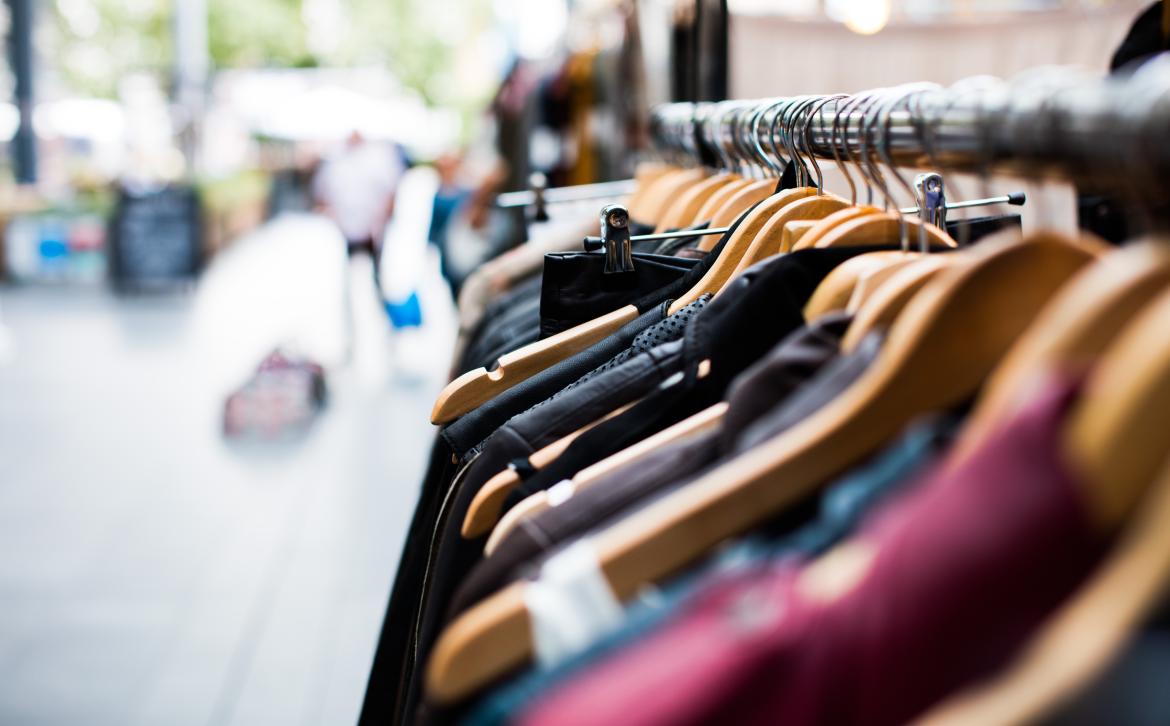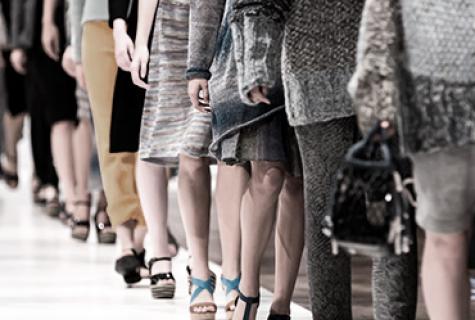Counterfeit news in Scandinavia Sweden
A cap from a famous brand, looking like a counterfeit, gives the Swedish authority grounds for immediate seizure by the Swedish Bailiff. The Swedish Bailiff analyzes whether luxury goods are original based on a “smell-like-leather” test.

Two New Swedish Legal Regulations That May Impact the Sale of Counterfeit Luxury Goods
New regulations on remote seizure and security zones in Sweden have recently attracted significant attention in the media. In this article, we examine the legal regulations and their potential implications for luxury brands and counterfeit luxury goods.
1. Seizure by the Swedish Bailiff – counterfeit products based on a smell-test
New Rules on Remote Seizure (Distansutmätning)
The new regulations on remote seizure entered into force in Sweden on 1 August 2022. Remote seizure allows the Swedish Bailiff (Kronofogden) to seize property remotely, for example, when the police come across property during police interrogations or vehicle inspections. These rules have resulted in a significant increase in seizures carried out by the Enforcement Authority in collaboration with the Police Authority.
In many cases, this involves criminals with debts, who are found in possession of luxury goods and branded clothing. These luxury goods can be confiscated by the Bailiff and subsequently auctioned on the authority's website. The income from the sale goes to crime victims, the state, and the creditors registered with the Enforcement Authority. Last year, goods valued at EUR (omregn til euro) were seized, and revenues are expected to increase in 2024.
The Swedish Bailiff determines the Authenticity of Luxury Goods
Several individuals in the brand authenticity industry have raised alarms about counterfeits being auctioned by the Swedish Enforcement Authority as genuine luxury goods. The Swedish Bailiff determines the authenticity by examining the detailed alignment of seams and by smelling the goods. For instance, in the case of a leather designer bag, the Bailiff considers the smell of leather a crucial factor in determining the authenticity. This authenticity test has been criticized by several experts, raising questions about the authority's ability to accurately assess and sell confiscated luxury goods.
Previously, the Bailiff hired professional authenticity experts with specialized knowledge to conduct checks on the branded goods to be auctioned on their website. However, due to economic reasons, the Bailiff has stopped hiring these experts. As counterfeit goods can be challenging to detect today, it may lead to insecurity for the buyer. A clear example is a counterfeit vest from a luxury brand being valued at [EUR xx] by the Bailiff, while the actual value of a counterfeit vest is approximately [EUR xx]. However, buyers who are affected by this have the right to claim compensation if they have purchased luxury goods that later turn out to be counterfeits.
NJORD has vast experience in representing brand owners, including assisting with accurate analysis of whether a product is counterfeit or original. NJORD carries out training to authorities on how to spot counterfeits, however for full accuracy we always recommend authorities to reach out to us for an expert analysis from the brand owner. Our immediate comment is nonetheless that a smell test is not sufficient to carry out the analysis.
2. Visitation zones without concrete suspicion of crime – wearing a possible counterfeited cap is a ground for seizure
Proposal for Legislation on Stop-and-Search Zones
The Swedish government has recently introduced a legislative proposal on stop-and-search zones, also known as visitation zones, granting the police the authority to search individuals, including children, without concrete suspicion of a crime. The legislative proposal is expected to come into force on 28 March 2024.
Within these zones, the police have the authority to, for example, conduct bodily searches on individuals and search vehicles.
Clothing Styles as a Basis for Searches
A debated topic is that clothing styles associated with criminal gangs may be sufficient grounds for a search. Experts emphasize that although not everyone wearing a counterfeit cap is a criminal, many gang members wear these caps. It is clear, however, that searches must be based on legitimate grounds, and any form of ethnic profiling is prohibited.
This raises questions about when a specific clothing style can be linked to criminality and whether profiling based on clothing style should be allowed. Reactions to the legislative proposal are mixed; some municipalities and police support the proposal, while others are highly skeptical, believing it could be counterproductive and harm the relationship between the police and citizens.




